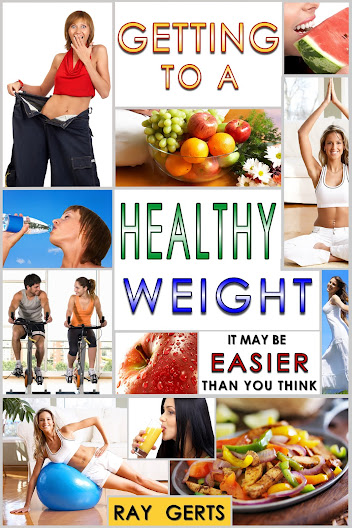How Much Fat Is Too Much?, Good Question

So how much body fat is too much? We know that some body fat is necessary; it cushions the organs and helps prevent bruising. But where do we draw the line? How much is too much? This is a question we all seek an answer to. There's been several studies done about body fat. Mostly about bad fat and how it can cause sicken and disease. You might be thinking, "How is that possible? How can body fat cause me to get sick?" Ok, here goes nothing; this is my version of Health 101. First, there's no "one fits all" answer because everyone's body is different. How so? Blood types make your body function or react differently to stimuli. And what is stimulus? Stimulus is anything the body reacts to, chemical for instance. Medicines are another form of stimulus that should help you to feel better, but because our bodies react differently to medicines, not all medicines work for everyone. Some drugs only work for 35% of the population but they leave them on t...





